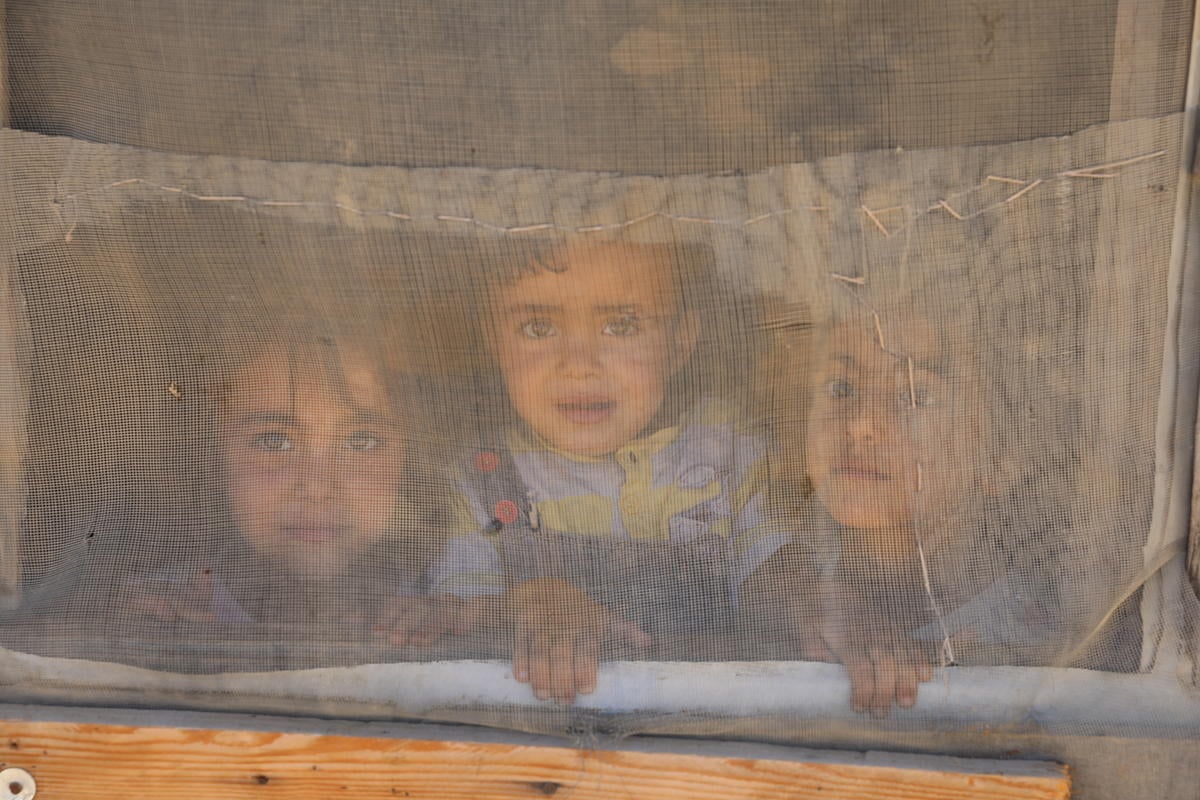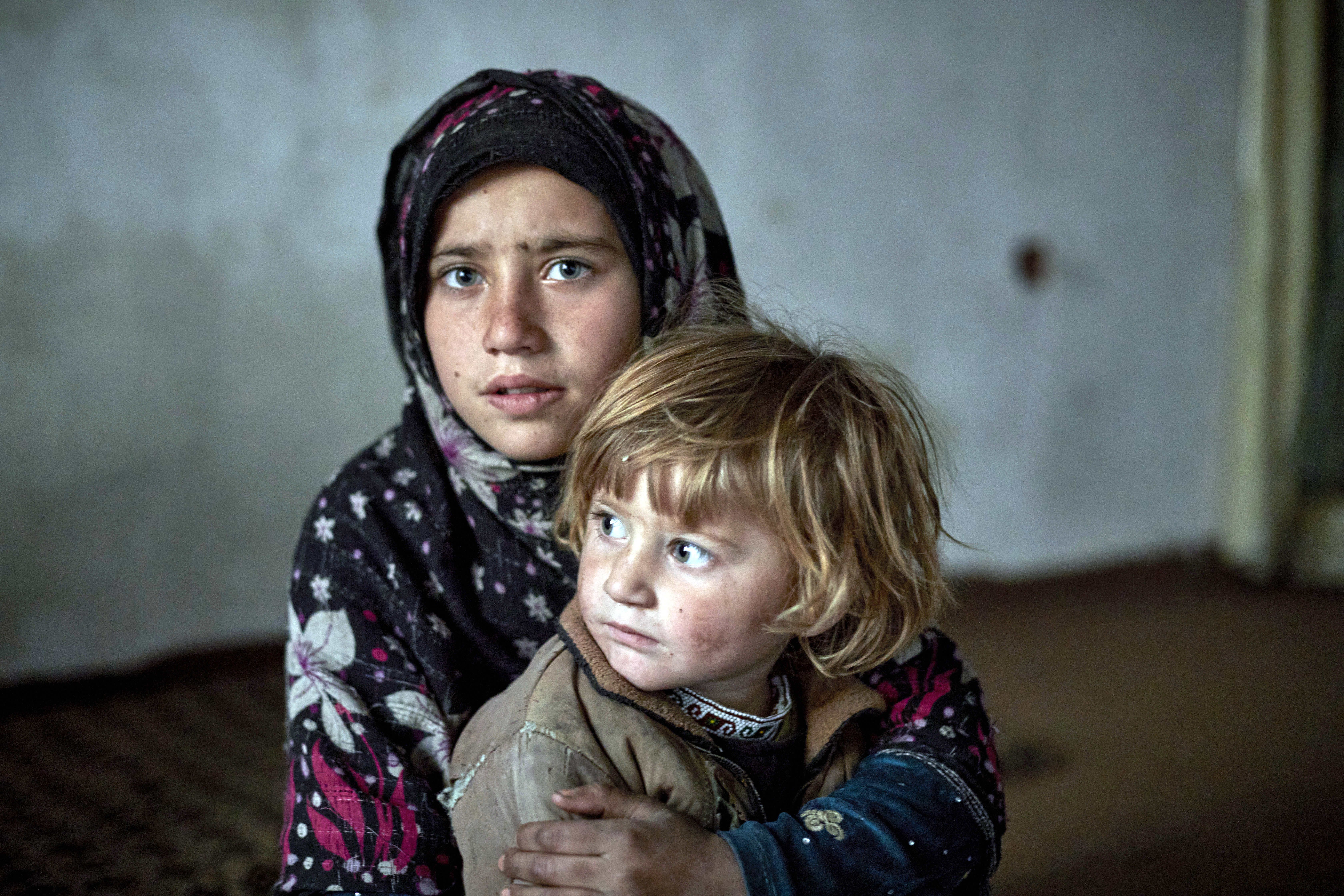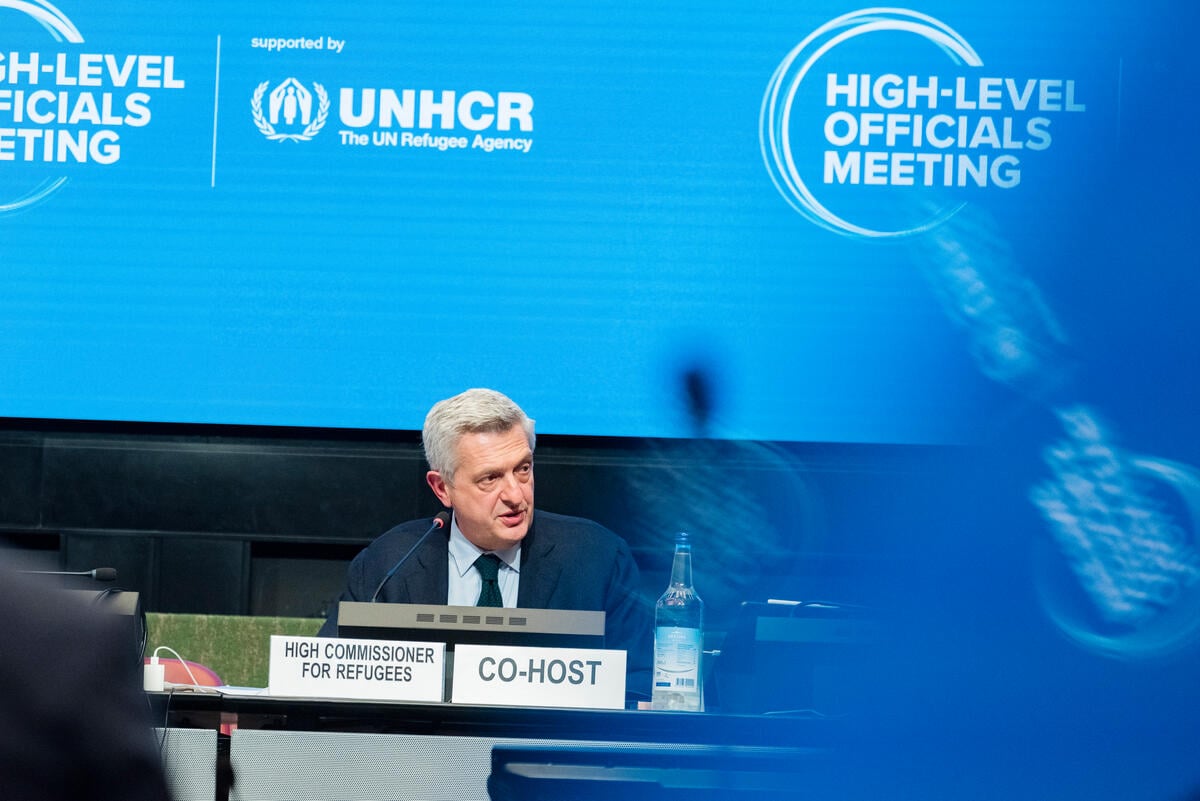United States to open doors to thousands of Burundian refugees
United States to open doors to thousands of Burundian refugees

GENEVA, October 18 (UNHCR) - In a major breakthrough for Burundians stuck in limbo in Tanzanian refugee camps, the United States has agreed to interview some 13,000 of them under a UNHCR resettlement programme. The refugee agency expects that the majority will be accepted by the US
The offer is being made to refugees who fled Burundi in 1972 and their descendants to escape widespread massacres largely perpetrated by the ethnic Tutsi-dominated government against members of the Hutu majority. Up to 250,000 people were killed, while an estimated 150,000 people fled to neighbouring Rwanda, Uganda, Tanzania and the Democratic Republic of the Congo.
Processing gets under way at the end of this month and interviews will be conducted in the camps of Kasulu, Kibondo and Ngara. Departures for North America are expected to start next year and the whole process is likely to last two years because of the large numbers involved. State Department deputy spokesman Tom Casey told reporters in Washington on Wednesday that the refugees would be eligible to apply for US citizenship.
"The group resettlement will not only provide durable solutions for this particular group, it will contribute to resolving one of the most protracted refugee situations in the world," said Steven Corliss, UNHCR's acting representative in Dar es Salaam. He added that the agency had recommended the Burundians for resettlement as part of efforts to find a durable solution for them.
The Burundians who fled in 1972 and ended up in Tanzania were seen as having fewer realistic prospects for a return and sustainable reintegration in Burundi than those who fled a second wave of violence during the mid-1990s. The 1972 exiles fled from their first country of asylum to Tanzania as the fresh violence swept the Great Lakes region in the 1990s.
UNHCR has been gathering information on the Burundian refugees in Tanzanian camps since 2004. Through a series of surveys, registration and verification exercises, the agency identified some 13,000 people who fled Burundi in 1972 and should be considered for resettlement.
Four important criteria define this group: they fled Burundi in 1972; they have been displaced more than once; most have spent almost all their lives in exile, and many were born in exile; they do not have the option of local integration and are either unable or unwilling to return home. For many, return home was not an option because their land had long been confiscated and it would be almost impossible to recover.
UNHCR has taken measures to prevent fraud. It has also made a clear distinction between camp refugees and those who reside in settlements administered by the Tanzanian government. The latter population, which has lived in Tanzania since 1972, enjoys a notable degree of self sufficiency and is not considered for resettlement.
Resettlement is completely voluntary. Following identification of the group, UNHCR sought the consent of refugees before sharing their personal details with the United States. UNHCR, with the help of partners in the programme, is currently preparing the 1972 exiles for life in a strange new country.
At the same time, UNHCR continues to support the voluntary repatriation of Burundian refugees from Tanzania. Since 2002, more than 230,000 Burundian refugees have returned home on their own or with UNHCR assistance. There are still more than 370,000 Burundian refugees in Tanzania.









